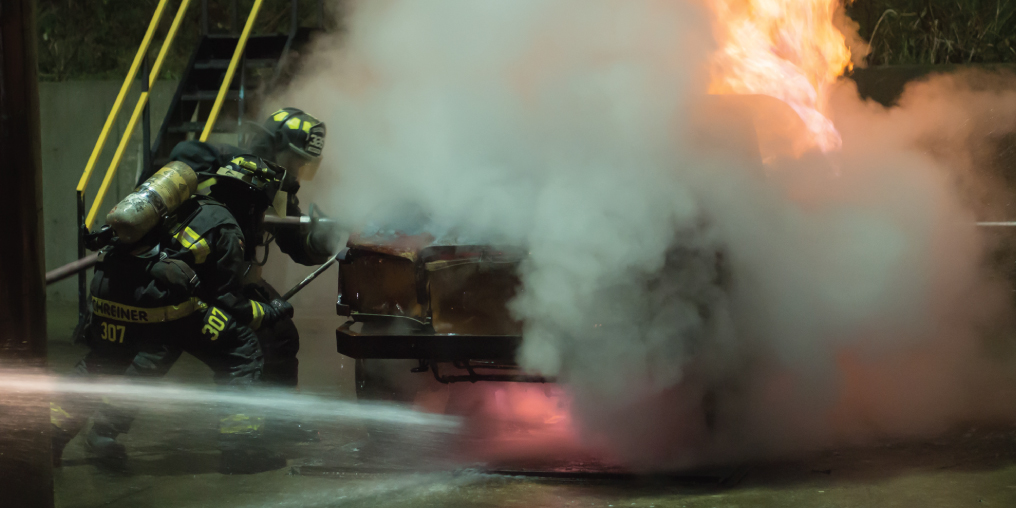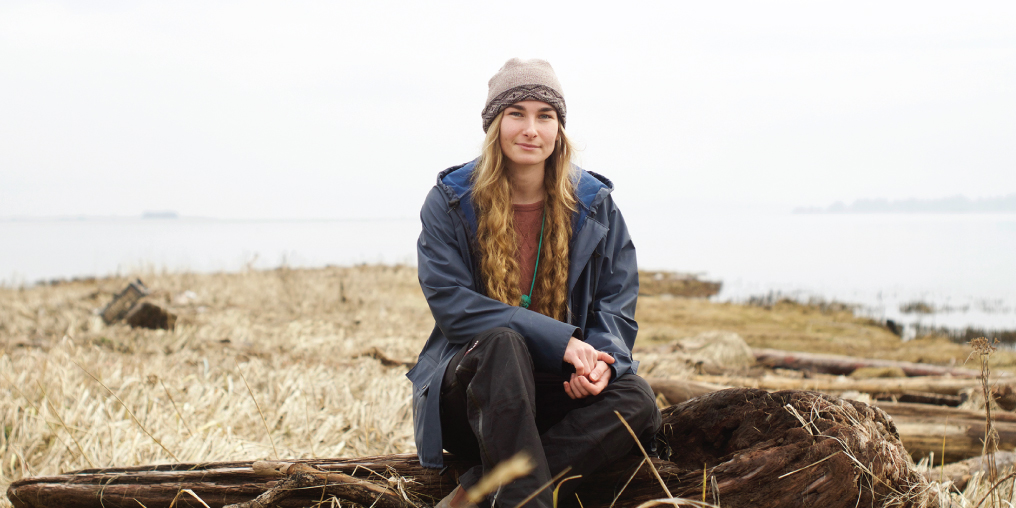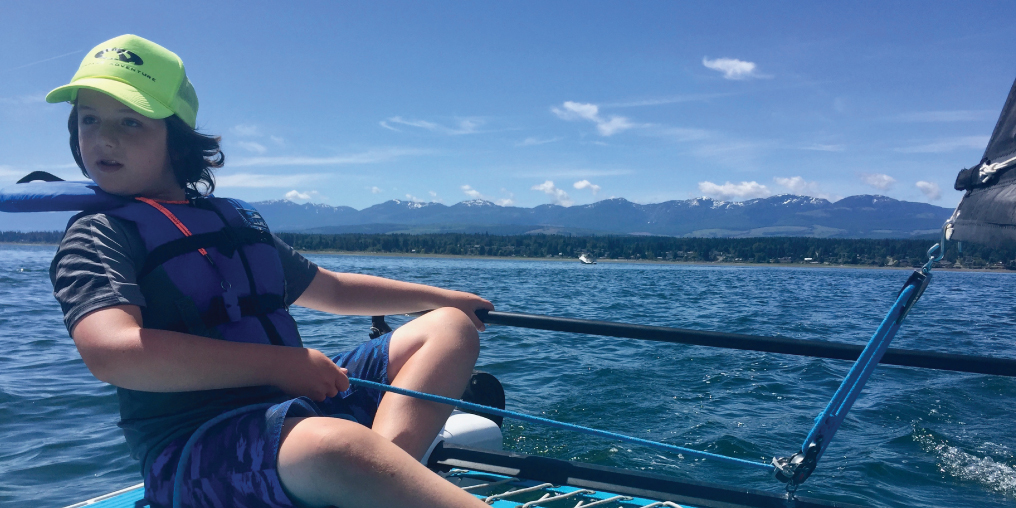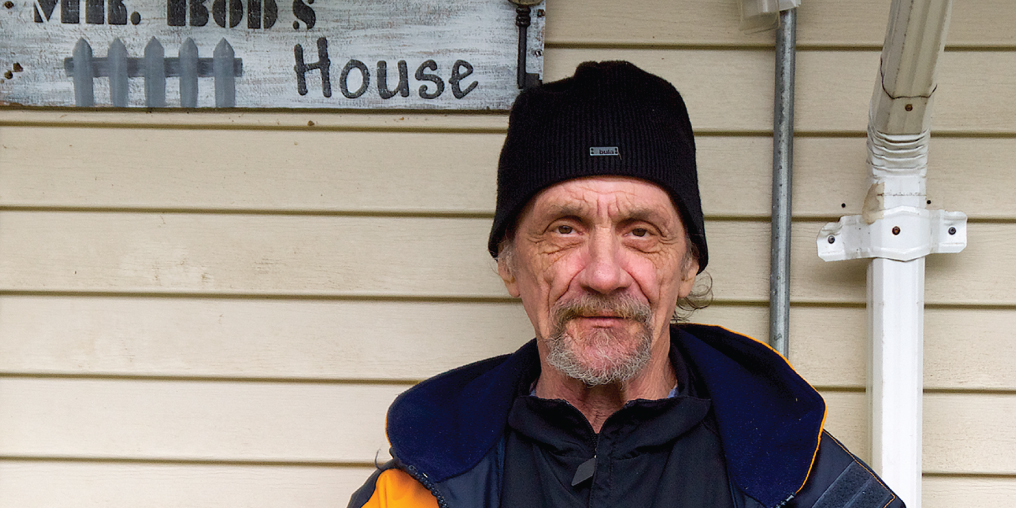Memories line a wall of Gord Schreiner’s humble office; the decorated history of one man’s relationship with his comrades, his industry, and the primal element that has shaped his life are laid out like a collage. Images depict local losses like the Lorne Hotel and other well-known emergencies; photos of events, ceremonies and commendations pose as reminders, and trophies like the Canadian Fire Chief of the Year Award stand proud. A Queen’s Jubilee Medal hangs. After decades of service he describes his experiences with seemingly undaunted passion, reminiscing honestly and admirably about a life and career that continue to burn brightly.
CVC: So Gord, for those that don’t know you, tell us a little bit about yourself.
Gord: I’m a fire chief here in Comox, just finishing up my 40th year, starting as a very young man at 18. I’m now 58. It’s a great job and an interesting organization with full-time employees and 25 volunteers responding to about 550 emergencies a year, roughly two a day. We run a training centre here at our fire department that is very active… lots of different fire departments from all over the Island using it. We try to provide awesome service while keeping our costs as modest as we can.
CVC: How have you seen the department and our community change over the years?
Gord: When I joined it was a fairly modest organization. One of our trucks was a ’57. The other was a ’48. Fairly old equipment. Today we’ve become so modernized. The community has gone from being pretty small to what is now strong and robust. I think the Comox Valley has changed for the better over the last 40 years. Particularly in the fire service industry, we have a lot of great departments here in the Valley. Safety is so much stronger now. It used to be very dangerous to be a firefighter. It’s a lot safer now with the training, education, and equipment we have. Back in ’75 when I was first starting out one of my officials showed me our two breathing apparatuses and said, “Here they are, try not to use them.” There was nowhere to refill them in the whole Valley if we did. Now, we wouldn’t think about going near a fire without one.
CVC: You must have had some pretty wild experiences over the years?
Gord: The ones that stand out that I carry the most baggage, or trauma, from are deaths, particularly children. We’ve had several over my career whether fires or car accidents… those are the ones that really hit home. Seeing people lose their belongings or homes can be challenging, too, but when you get involved in a call where you save a life it’s very rewarding. This is a job where you do rewarding things every day—whether it’s installing a smoke alarm in an elderly person’s home, helping someone with a car seat, or putting out a chimney fire.
CVC: Are there moments that stand out as ones that have shaped your career?
Gord: Several. Times where safety wasn’t addressed very well, 20 or 30 years ago—firefighters being very close to being injured or hurt—that changed my career and I decided to become a safety person. That’s kind of become my forte. As well as being a fire chief, I now travel all across Canada and sometimes internationally to talk about fire safety with other departments. Some very simple strategies to keep our firefighters safe and make sure everybody gets home.
CVC: What’s it like having a leadership role in our community?
Gord: You certainly have to behave (Gord chuckles). Fortunately, I think I’m a fairly good person to start with. I’ve lived here pretty much all my life… when you’re that consistent, 40 years in the same organization, people know what they’re getting from me. I’m going to do a good job and I’m going to put my heart into it. My background, before I was full-time in this industry, was in business. So, I have fairly good business acumen and I think that helps. That’s one of my strengths because it helps us spend taxpayers’ dollars wisely. We have a very effective and efficient fire department here in Comox. Our cost per person is about $0.14 per day, per person, in this community.
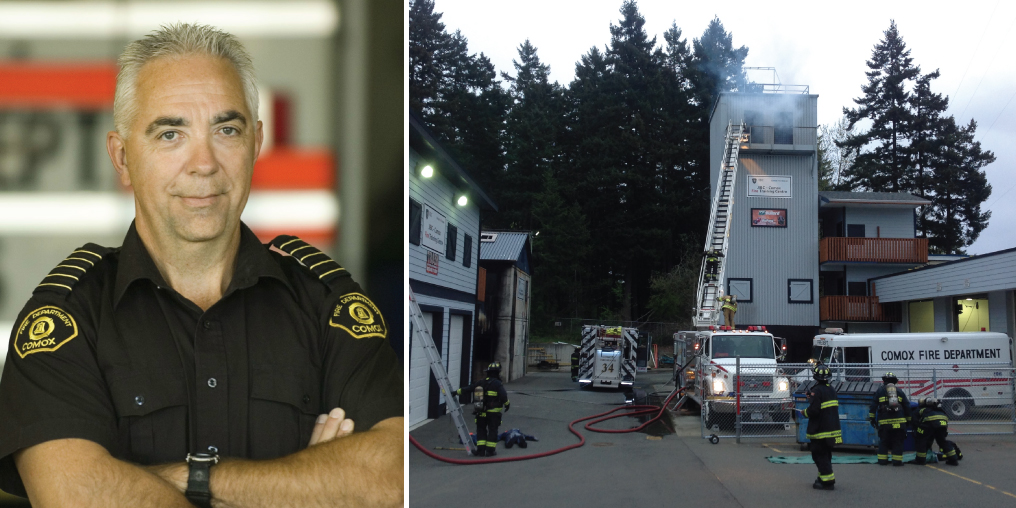
CVC: That’s incredible isn’t it?
Gord: It’s probably one of the best in Canada for a smaller community like ours. Especially considering the level of service we’re able to provide. We’re known here for being very creative, and we’re leading the pack so to speak in terms of training and innovation. We’re using iPads on all our trucks… we use a lot of cost effective technology helping us to do things better and cheaper.
CVC: What else can you tell us about creative innovations that are working for you?
Gord: Today instead of using pre-plans in binders with sketches we’re using apps like Active 9-11 that give us maps that show us how to get to a building and where fire hydrants are. Red dots show fire hydrants but the blue dots, something we’ve kind of innovated here ourselves, are links to diagrams. If I pull up the link it shows me a blueprint of the building we’re going to. It streamlines everything; I could spend all day talking about this stuff. I can track trucks from my desktop, something you can do with a smart phone or an iPad, where other departments are spending thousands on expensive GPS. For an old guy, I’m trying to embrace technology—which can be unusual. We can make changes in an electronic master folder, which we can access on a mobile device, it saves us a ton of time and money, not to mention paper. Preplans, equipment inspections, truck inspections… any time we can do it electronically it means it can all go into a database quickly and easily that we can go back to later. Before you’d be digging through a big box of paper. Even five years ago other departments weren’t taking this stuff seriously, but now we’ve got people coming to us saying “Hey this works… can you show us?”
CVC: In terms of connection how much of your time is now spent connected with other fire service departments and with training?
Gord: I spend about half my life training. We have to train about 30 new staff per year and every weekend we have other departments here working and training in our centre. I travel all over, speaking. In November of last year I was in Minnesota speaking to the Minnesota Fire Chief’s Association of 450 fire chiefs. I’m a pay-it-forward type of guy.
CVC: Somewhere down the line that must be saving lives.
Gord: Ya, it’s saving lives and making things much better for us. That being said, at the end of the day though, we need strong people here that know what they’re doing. We’re recruiting right now for April. The disciplines have really expanded so there’s a lot of training involved.
I’m happiest when I’m helping other people and that’s the reward. The brotherhood, or sisterhood, that you find in this type of organization means you tend to get pretty tight with people. Most of my best friends are firefighters; it’s just the nature of the business. You tend to bond fairly quickly with people when you’re in a burning building. So it’s very rewarding that way. You’ve got to be here because you want to help people, but we do have what we call a ‘paid on call’ system, and working here is also an opportunity to get educated and maybe get full-time work in another city. My son worked here for six years and has just gone on to Vancouver to work full-time. You could go to school or come here and get experience and be paid to end up with the same certification.
CVC: What else are you passionate about?
Gord: I’ve played hockey for about 50 years now and I love to kayak around the Valley. This is an area where you can paddle 12 months of the year and it’s so available. It’s easy to drive five minutes and drop in the water—it’s kind of a cleansing thing for me. An hour paddle seems like a whole day sometimes.
For more information about the fire service, including upcoming events, youth camps and training opportunities, visit comoxfirerescue.org.

